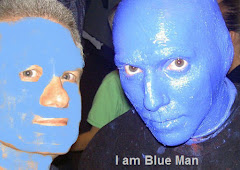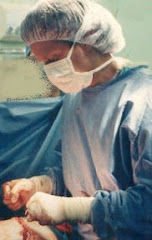Seems so simple to eat right, until we start that migration in the back and forth loop called the grocery store. I'm struck by how little there is to eat that is really good for you and that was emphasized by a great talk I hear tonight on eating for nourishment, weight loss, health and longevity.
Besides working out every single day to assist the body musculature to burn calories and circulate nutrients, it's important to know what you have to have and what you can't have in your consumption.
Proposed possible "program" diet for weight loss (when added to exercise) with dense nutritional value:
Daily eats: nuts (Brazilian and almonds mostly, roasted ok, salt free best), dark greens (kale, turnip, dark lettuce, etc), carrots, green tea (loose coffee pressed with a small hit of agaves to sweeten, hot or cold, Japanese), whole grains (soluble fibers in oatmeal, barley, tabouli, quinoa, and brown rice) and fruits (darker, purple the better; blueberries, strawberries, grapes, melons, papaya etc)
3x per week: Oily fish (sardines, mackerel, tuna, wild salmon, black cod or rainbow trout; U.S. and fresh or frozen best; no Asian seafood), yogurt (mostly milk products and bacteria, limit extras, organic Greek), sweet potatoes (grilled, roasted, baked or dehydrated), avocados, broccoli, cauliflower
1x per week: red meat (includes chicken and pork), white starches (breads, rice, potatoes, etc), desserts, ETOH, almond milk (unsweetened)
NEVER, EVER: canned soups and stews, processed foods, fast foods, "diet" anything (especially diet drinks), regular milk (accomplice food for other foods like cookies and cakes), added granular sugar, added "processed" salts
Then benefits of loosing weight are tremendous and potentially can improve cardiac disease, diabetes, metabolic syndrome, insulin resistance, sleep apnea, cancers, etc., etc.
"Better to smoke and eat better than to eat horribly and not smoke" might be a slight stretch, but we are increasingly what we eat and it's really high time we integrate this in a significant way into our culture and our practice of medicine.









